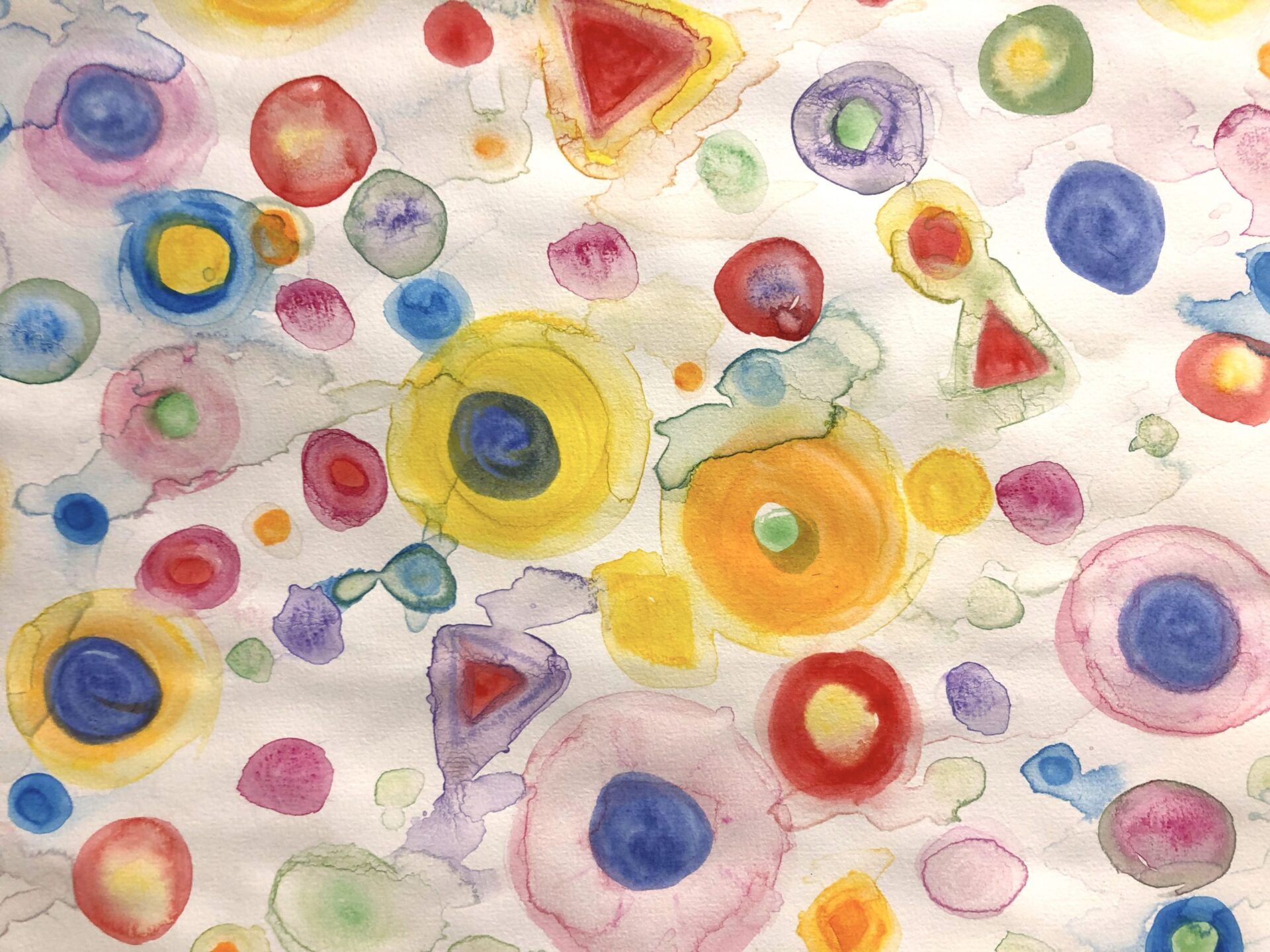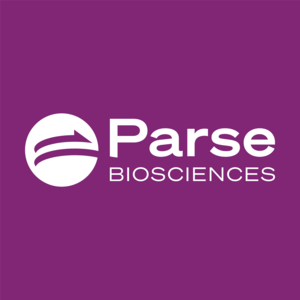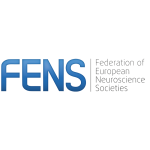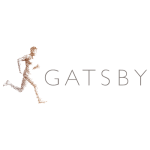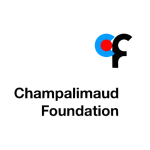Course overview
Understanding the cellular complexity of the nervous system is a key endeavor in the pursuit to reveal the biological underpinnings of brain function. The recent methodological development of high-throughput single-cell profiling techniques and analysis has emerged as an essential tool for characterizing cellular diversity in the brain offering data sets that hold the promise of being complete, accurate and permanent. This course will teach central ideas, methods, and practices of single cell profiling and hands-on computational analysis through a combination of lectures from prominent international faculty speakers, experimental projects and data analysis workshops.
The course will include practical training in small groups of students on single cell methodologies and computational and statistical data analysis needed to interpret large data sets. This integration of data analysis with hands-on experiments will allow the students to gain knowledge in technical performance as well as biological interpretation of single cell data sets.
This advanced course is aimed for graduate students from a variety of disciplines, including neuroscience, physics, computer science and applied mathematics. Students are expected to have a keen interest and basic background in neurobiology, and to fully benefit from the data analysis it is expected that the students have at least a basic knowledge in programming.
Course partner
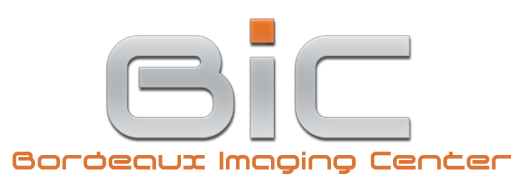
Course directors
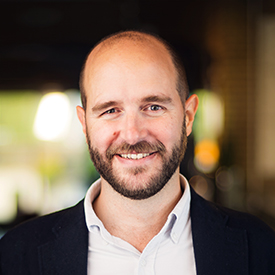
Jens Hjerling-Leffler
Course Director
Department of Medical Biochemistry and Biophysics, Karolinska Institute, Sweden
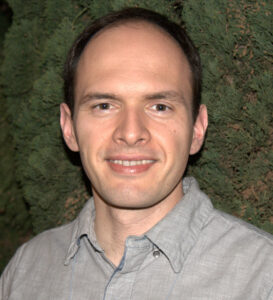
Peter Kharchenko
Co-Director
Biomedical Informatics, Harvard Medical School, USA

Ana Munoz-Manchado
Co-Director
University of Cádiz/INiBICA, Spain
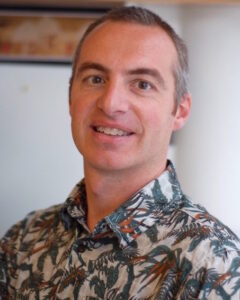
Alexandre Favereaux
Co-Director
CNRS – IINS, University of Bordeaux, France
Keynote Speakers
Kenneth Harris – UCL Queen Square Institute of Neurology, UK
Ed Lein – Allen Institute for Brain Science, USA
John Marioni – European Bioinformatics Institute (EMBL-EBI), UK
Ana Martin-Villalba – University of Heidelberg, Germany
Rahul Satija – New York Genome Center (NYGC), USA
Kun Zhang – Department of Bioengineering, University of California, USA
Instructors
Marek Bartosovic – Karolinska Institutet (Sweden)
Lisa Bast – Karolinska Institutet (Sweden)
Pierre Boyeau – UC Berkeley (USA)
Hattie Chung – Broad Institute/MIT (USA)
Lisbeth Harder – Karolinska Institutet (Sweden)
Martin Häring – University Clinic Münster (Germany)
Hannah-Sophie Hochgerner – Technion (Israel)
Sergey Isaev – Moscow Institute of Physics and Technologies (Russia)
Danny Kitsberg – Jerusalem University (Israel)
Gioele La Manno – EPFL (Switzerland)
Christoffer Langseth – Stockholm University (Sweden)
Christian Mayer – Max Plank Institute (Germany)
Viktor Petukhov – University of Copenhagen (Denmark)
Anna Schaar – Helmholtz Zentrum München (Germany)
Milda Valiukonyte – Karolinska Institutet (Sweden)
Zinah Wassouf – Wellcome Sanger Institute (UK)
Course content
Topics & Techniques
During this course, students will get hands-on experience with entire single-cell transcriptomic projects from tissue dissociation to publishable figures. We will teach the use of different kinds of starting material, three different sequencing techniques, how to treat the raw sequencing data and a multitude of analytical tools. After attending the course, our goal is that the students should be able to go back to their institute and have enough knowledge and understanding to initiate well-designed single-cell sequencing projects to tackle important questions in Neuroscience.
The course will cover following topics:
- Cell classification in the nervous system and its implication on how we do neuroscience
- Discrete versus continuous variability in gene expression
- Single-cell transcriptomics and analysis of disease
- advantages and disadvantages of different techniques; RNA amplification, SmrtSeq, SplitSeq, Dropseq, 10X genomics,
- What type of biological insights can be gained from single cell transcriptomics
- multimodal analysis of single cell biology where transcriptomics is coupled with other biological parameters such as a cell’s morphology, tissue localization, epigenome, proteome and/or function
- Preparation and isolation of single cell, nuclei isolation, RNA isolation, single cell RNA amplification procedures, library construction for sequence analysis and RNA sequencing.
- experimental design considerations, data processing, data handling, quality control of the sequencing data, understanding the variances of the data, clustering of cell types
- Nervous system development and other dynamical processes including lineage tracing including RNA-Velocity and pseudotime analysis
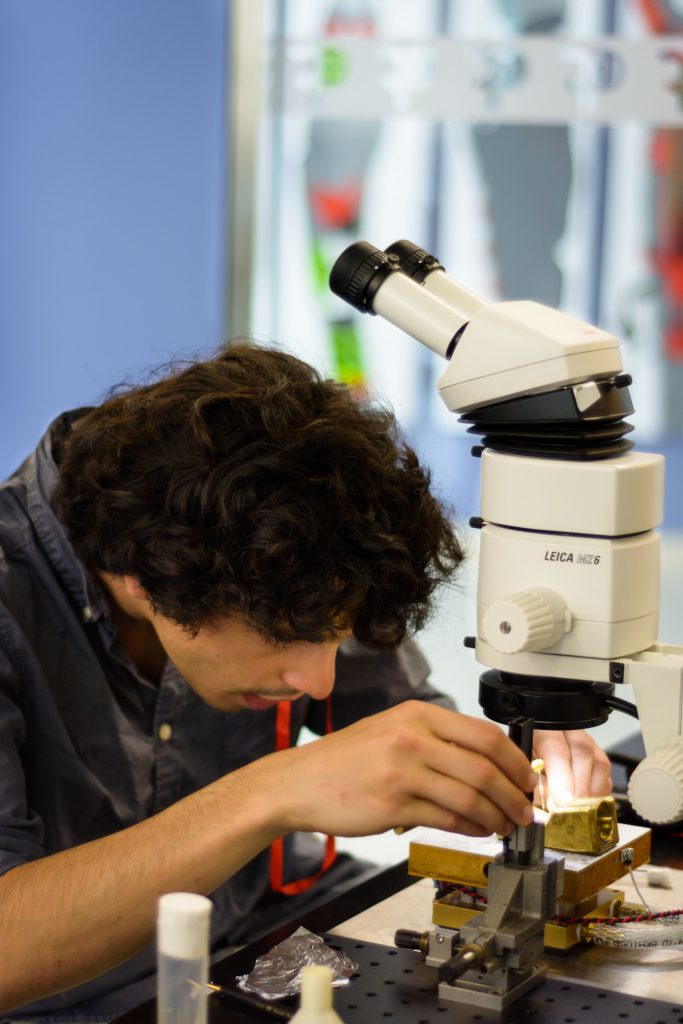
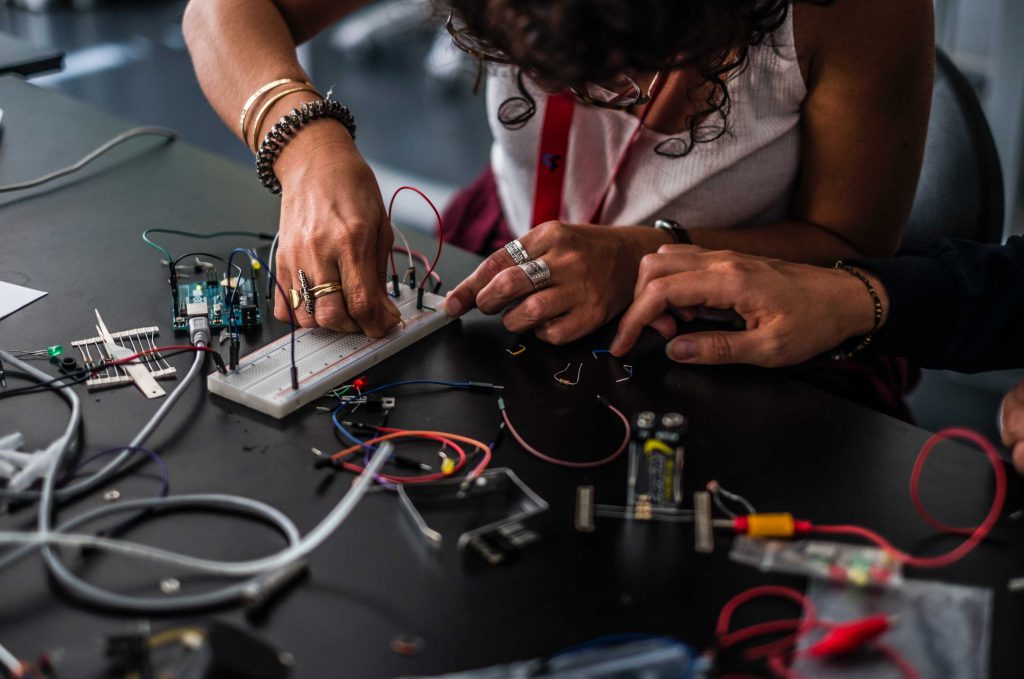
Projects
For more information on projects download the “Projects list”.
– Project 1: Visualization and quantification of cellular complexity of the CA1 region of the
mouse brain
– Project 2: Understanding cellular maturation during the development of the embryonic
nervous system by whole-cell RNA seq
– Project 3: GABAergic neuronal diversity across different forebrain structures
– Project 4: Single whole cells analysis of an Alzheimer’s disease mouse model
– Project 5: Single nuclei analysis of an Alzheimer’s disease mouse model
– Project 6: Single nuclei analysis of GABAergic cells in the dorsal horn in a chronic pain
model
– Project 7: Single whole cells analysis of GABAergic cells in the dorsal horn in a chronic pain model
– Project 8: Large scale single-cell RNA-sequencing of brain tissue using SPLiT-Seq
– Project 9: Single-cell profiling of histone modifications in the mouse cortex using scCUT&Tag
– Project 10: InCiteSeq
– Computational Projects: state-of-the-art approaches for computational analysis and interpretation of single-cell RNA-seq data.
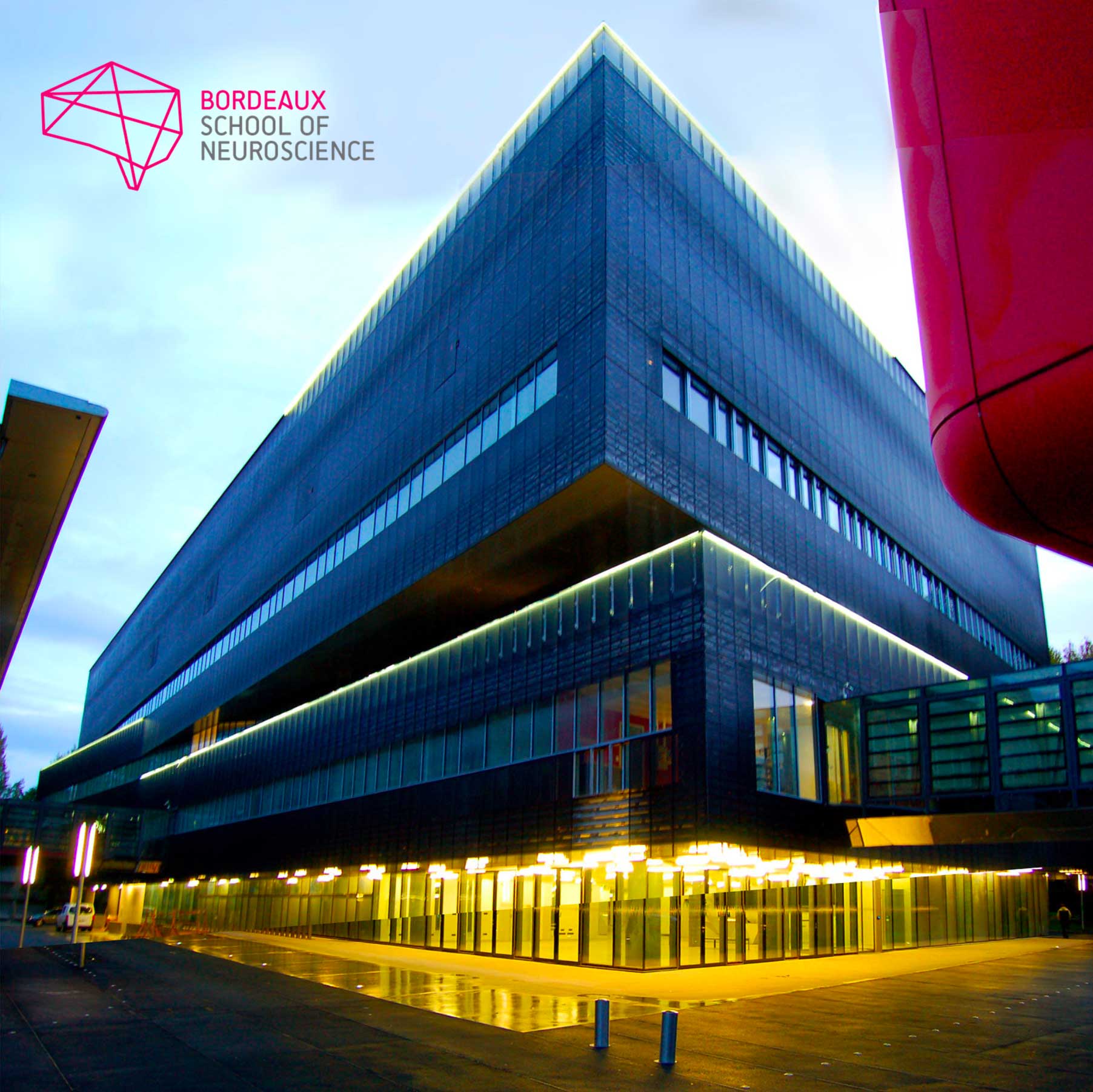
Bordeaux School of Neuroscience, France
The Bordeaux School of Neuroscience is part of Bordeaux Neurocampus, the Neuroscience Department of the University of Bordeaux. Christophe Mulle, its current director, founded it in 2015. Throughout the year, renowned scientists, promising young researchers and many students from any geographical horizon come to the School.
The school works on this principle: training in neuroscience research through experimental practice, within the framework of a real research laboratory.
Facilities
Their dedicated laboratory (500m2), available for about 20 trainees, is equipped with a wet lab, an in vitro and in vivo electrophysiology room, IT facilities, a standard cellular imaging room, an animal facility equipped for behavior studies and surgery and catering/meeting spaces. They also have access to high-level core facilities within the University of Bordeaux. They offer their services to international training teams who wish to organize courses in all fields of neuroscience thanks to a dedicated staff for the full logistics (travels, accommodation, on-site catering, social events) and administration and 2 scientific managers in support of the experimentation.
Registration
Fee : 3.500 € (includes tuition fee, accommodation and meals)
Applications closed on 21st February 2022
The CAJAL programme offers 4 stipends per course (waived registration fee, not including travel expenses). Please apply through the course online application form. In order to identify candidates in real need of a stipend, any grant applicant is encouraged to first request funds from their lab, institution or government.
Kindly note that if you benefited from a Cajal stipend in the past, you are no longer eligible to receive this kind of funding. However other types of funding (such as partial travel grants from sponsors) might be made available after the participants selection pro- cess, depending on the course.

